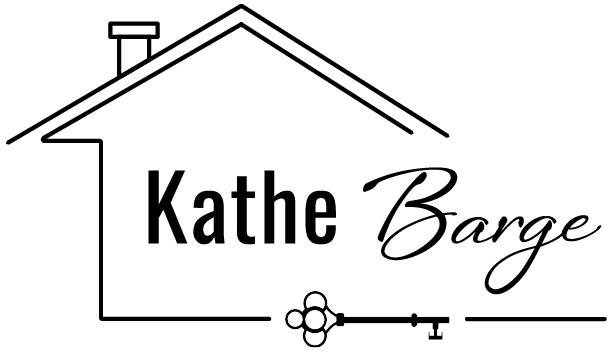Dear Kathe,
We are in the process of buying a new home, and had agreed with the seller for a credit of $5000 for repairs related to inspection issues. Now our lender is asking what the credit is for and sending an appraiser back out. What is going on – this didn’t happen the last time we bought a home?
As the years pass post-2008, it seems that lenders are getting more and more restrictive with their lending rules. At first, they just didn’t want to know about repairs, so buyers and sellers started moving repairs to side addendums and providing un-named credits for items the seller didn’t want to fix. Lenders seem to have caught on. They now want to know why money is being credited back post-agreement – it’s a fair question.
From a lenders perspective, they are financing a home that has an appraised value. For example, if you are buying a $500,000 and it appraises for $500,000, the lender agrees to loan you money with the assumption that if you default, that is what the house is worth. If there is something wrong with the house (a failed roof, for example), and you get a credit for it, then the house (with its failed roof) really isn’t worth $500,000 after all, and there are no guarantees that you will take the credit and put on a new roof. If a credit is being offered to a buyer to cover inspection issues, the lenders now want to know why so that they can assess whether the items affect value, and they want to send an appraiser back out to make sure that the home is worth what he said it was worth now that the deficiencies have been revealed.
This is not only going to slow transactions down and possibly delay closings, but it raises the possibility of appraisal failures. For example, if the roof really is bad, the house may no longer appraise. It is probable that our ability to offer credits for inspection issues is coming to an end.
All of this might sound complicated, but there is one very easy take-away. Inspection issues will need to be fixed prior to closing by the seller. Sellers, its important to keep this in mind — if there are inspection deficiencies, you are probably going to have to actually fix them. Don’t want to be blindsided by a long list of issues four weeks before closing? For many reasons, the best course of action is to pre-inspect your home and make repairs upfront.
